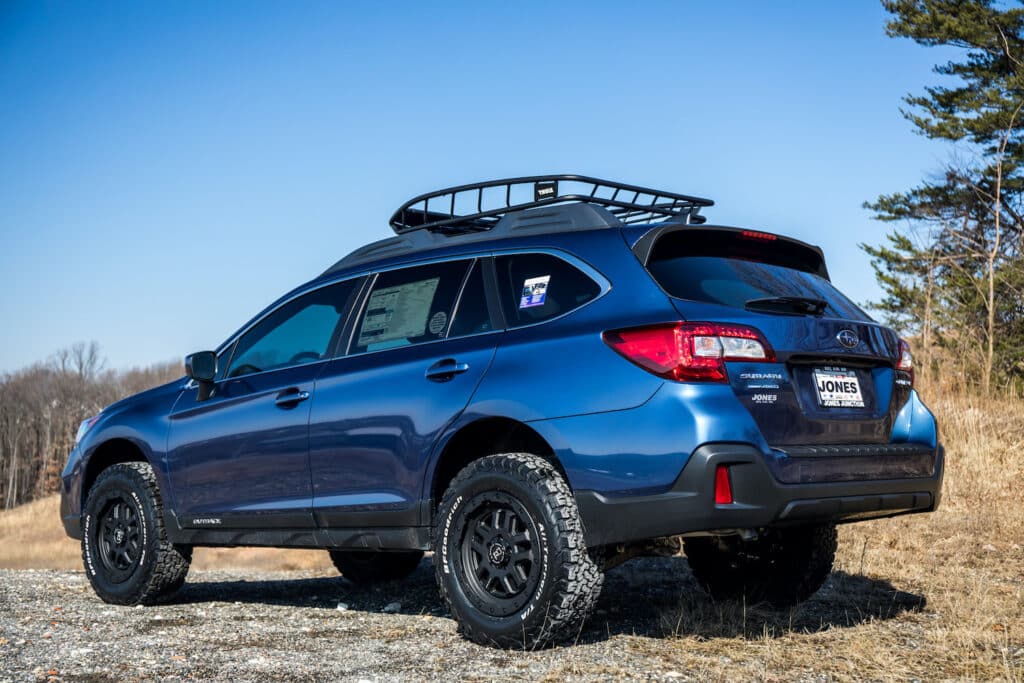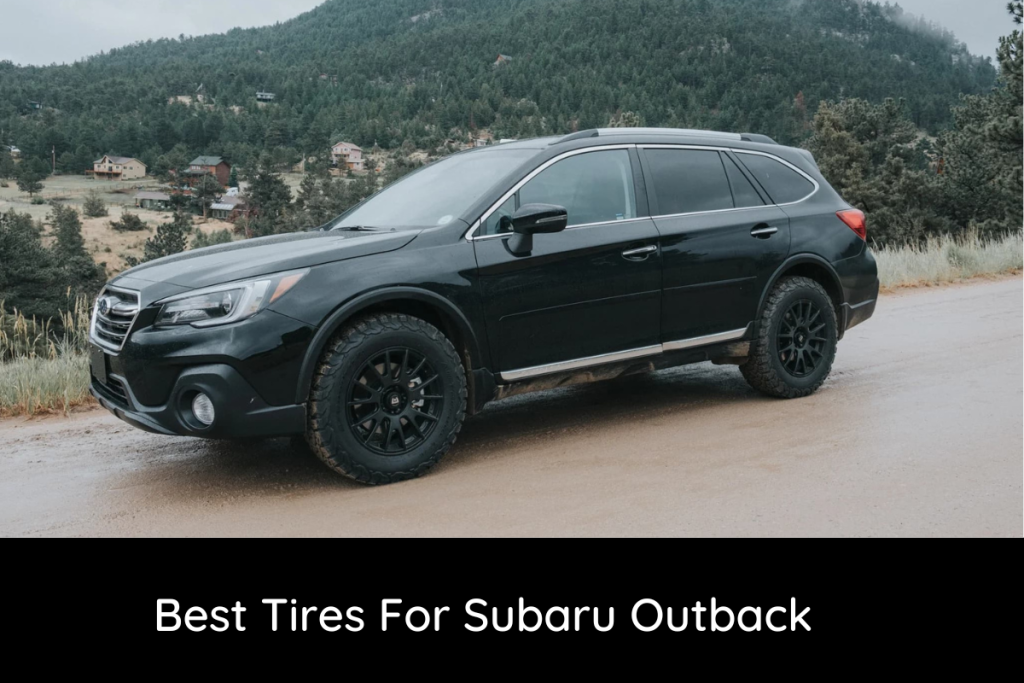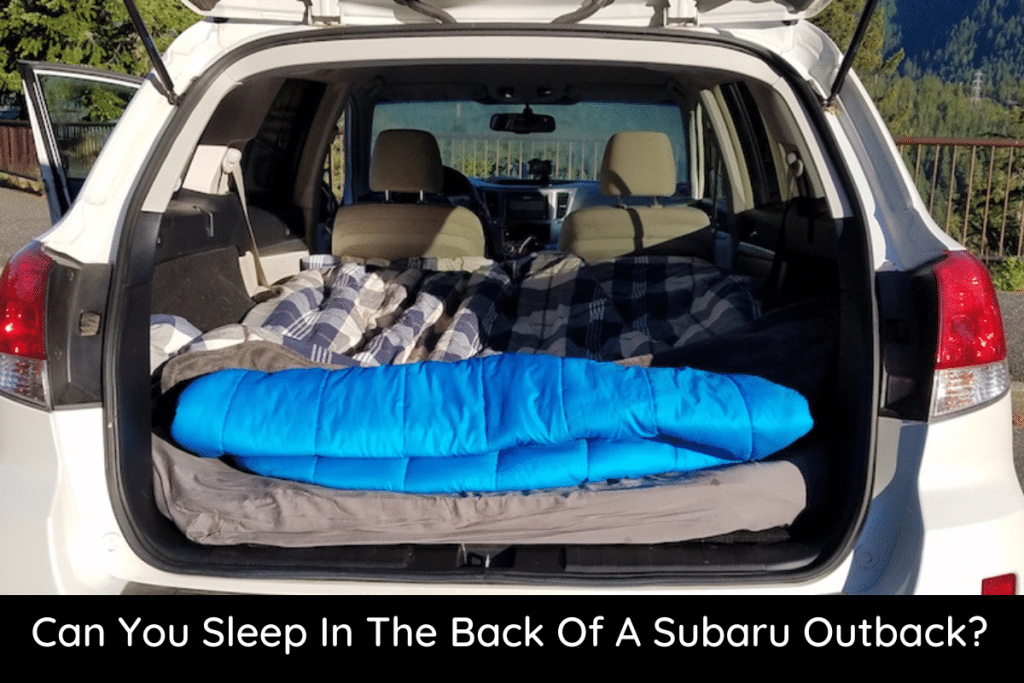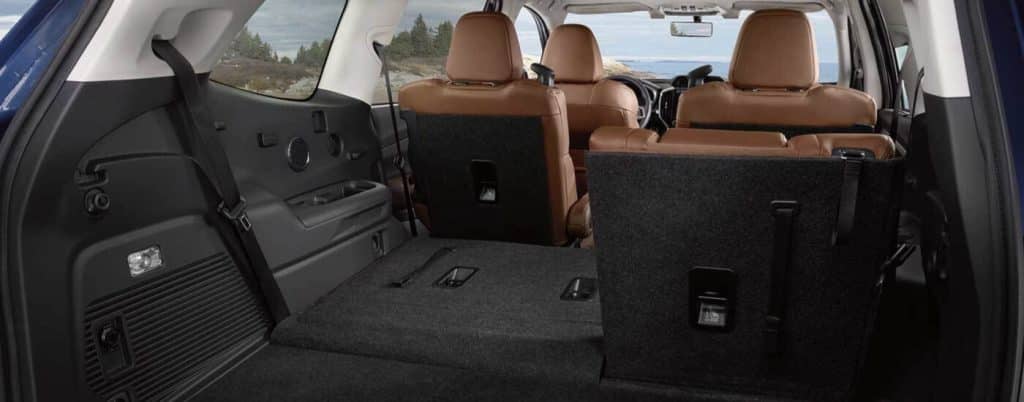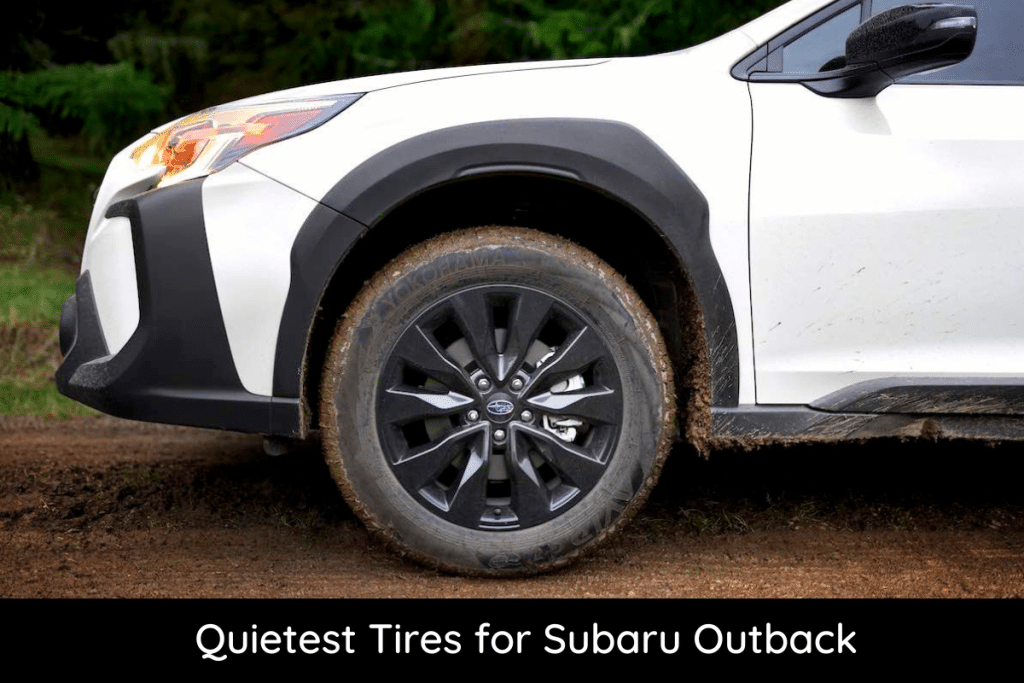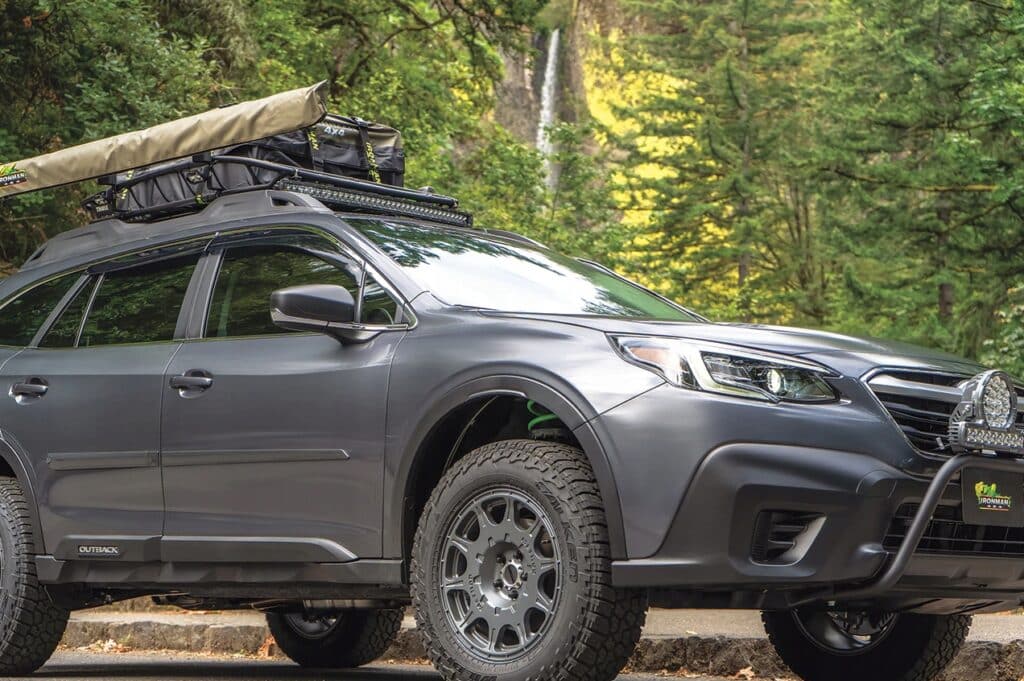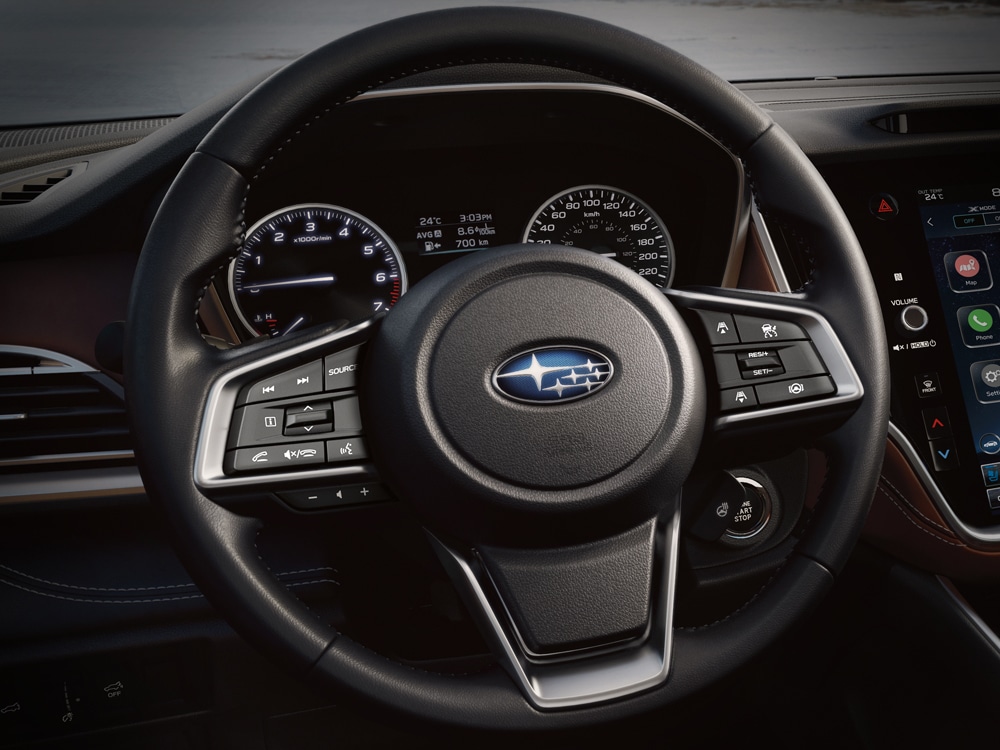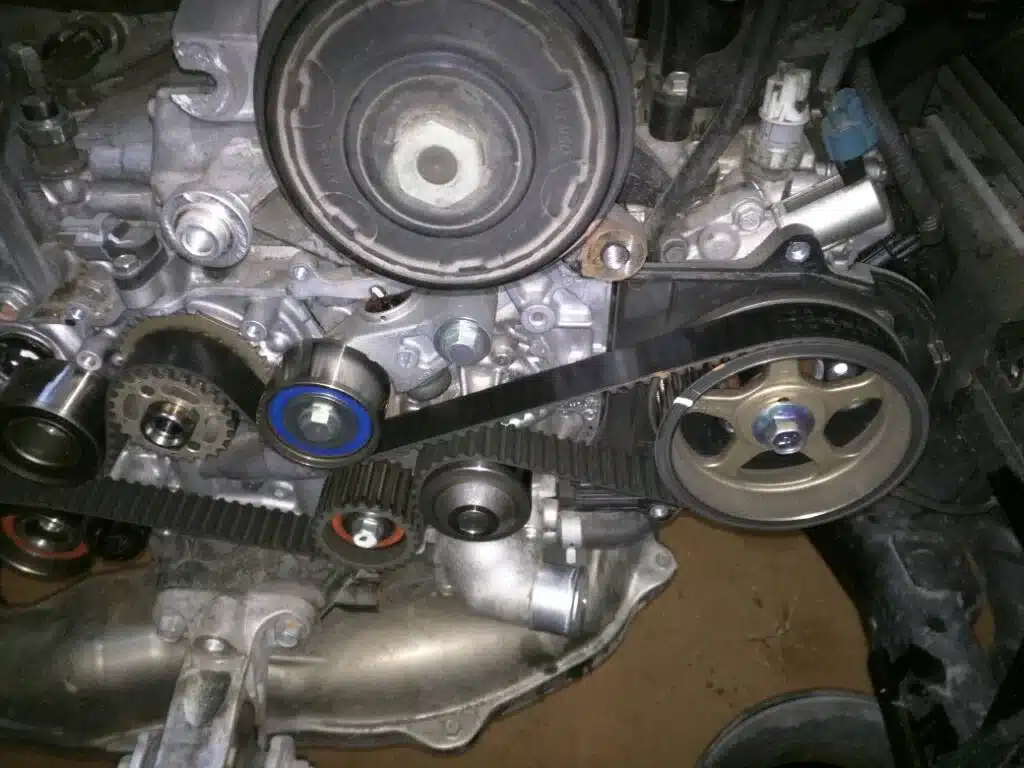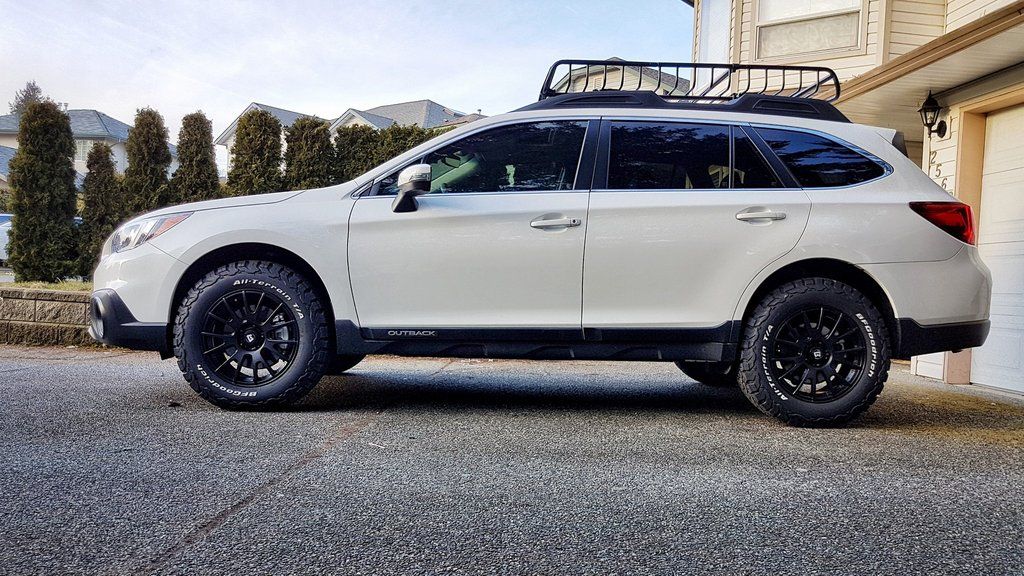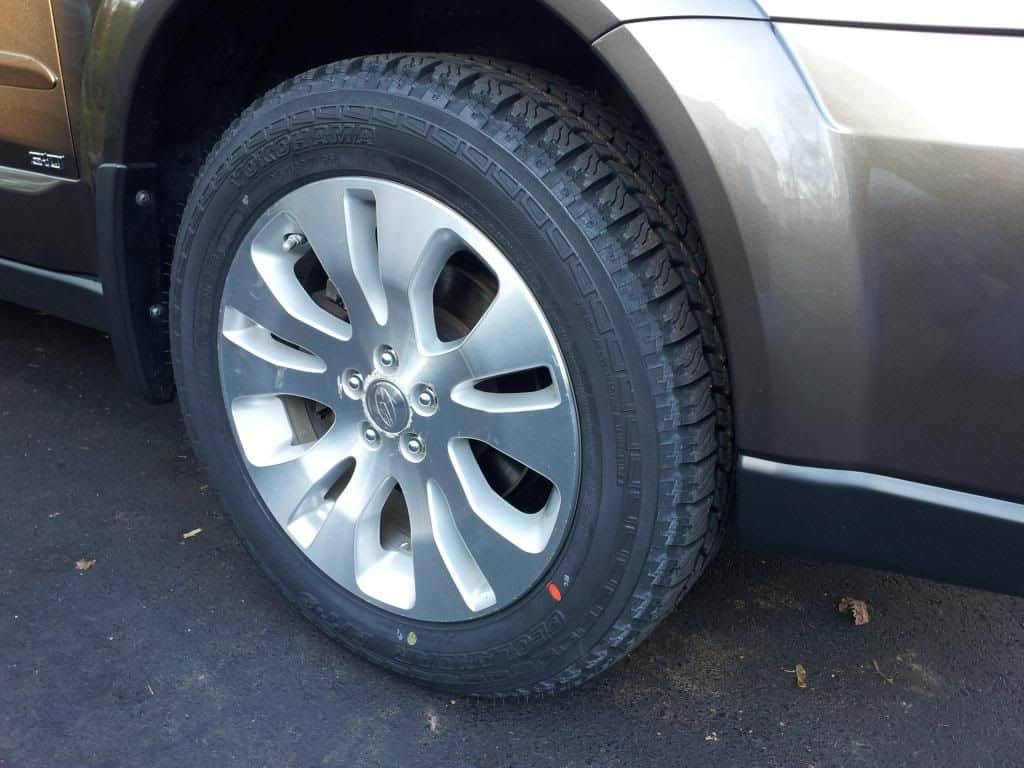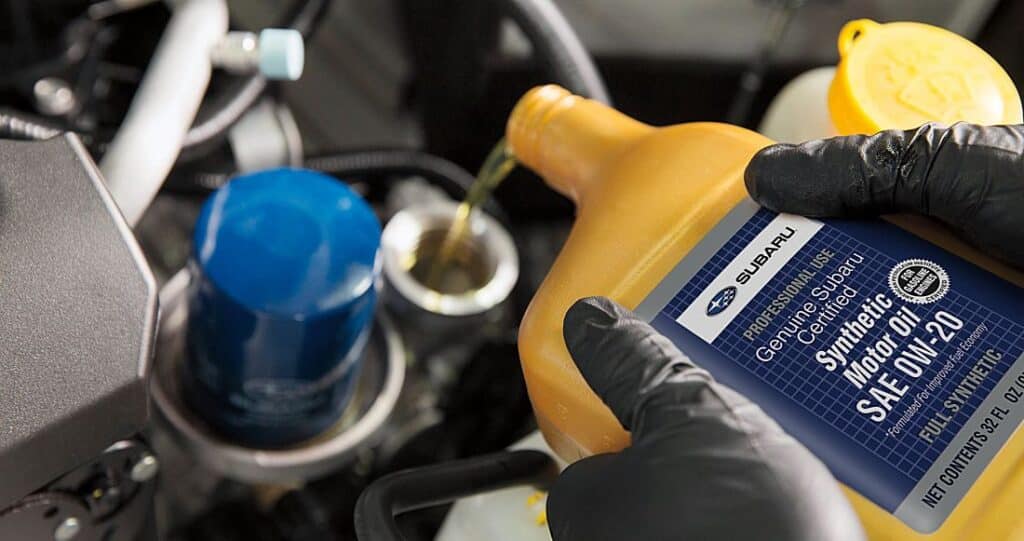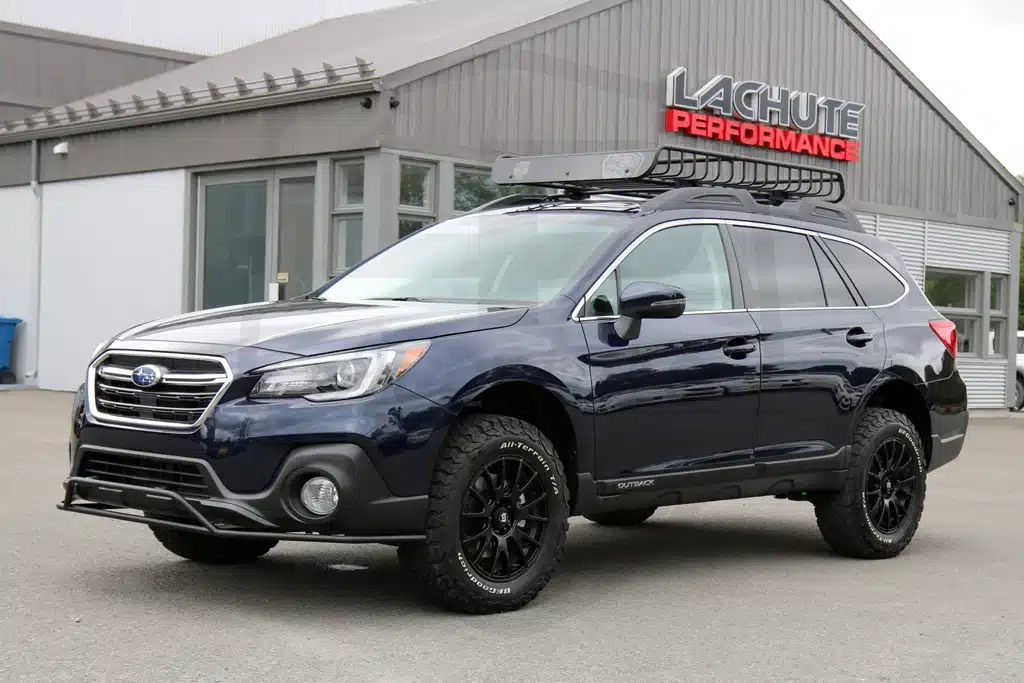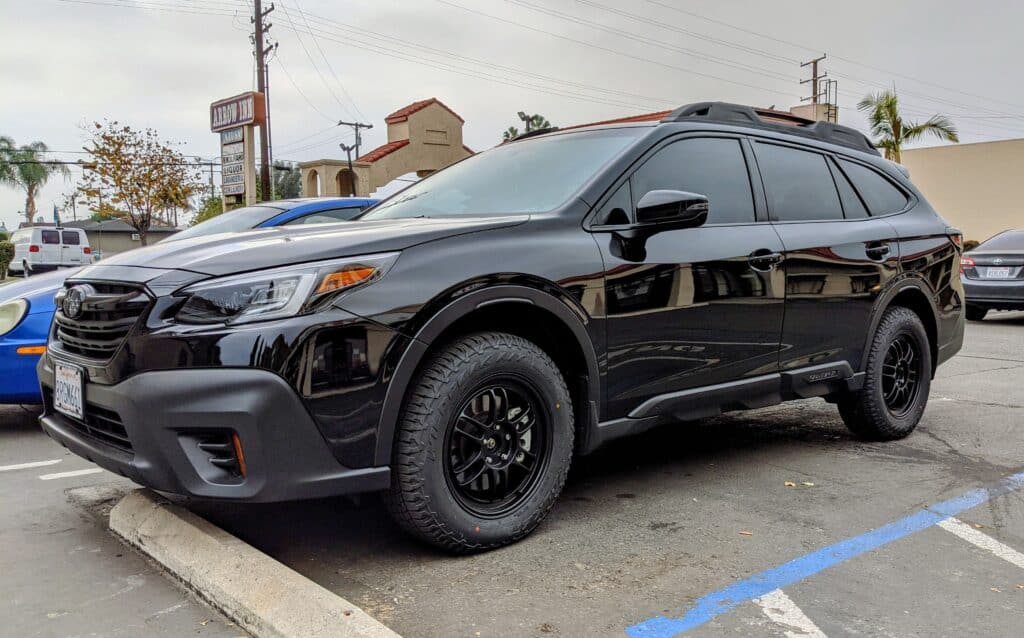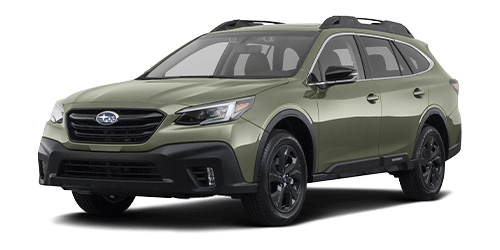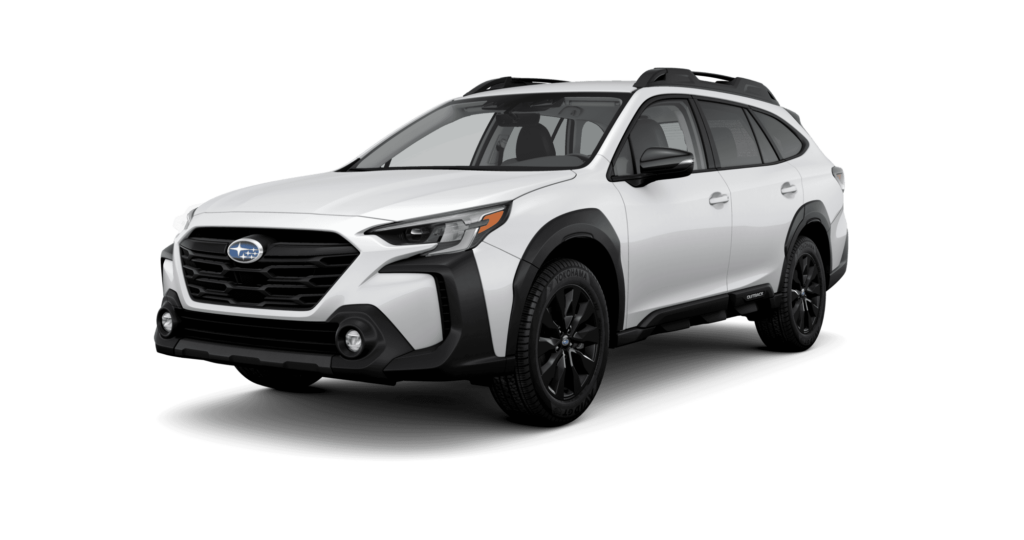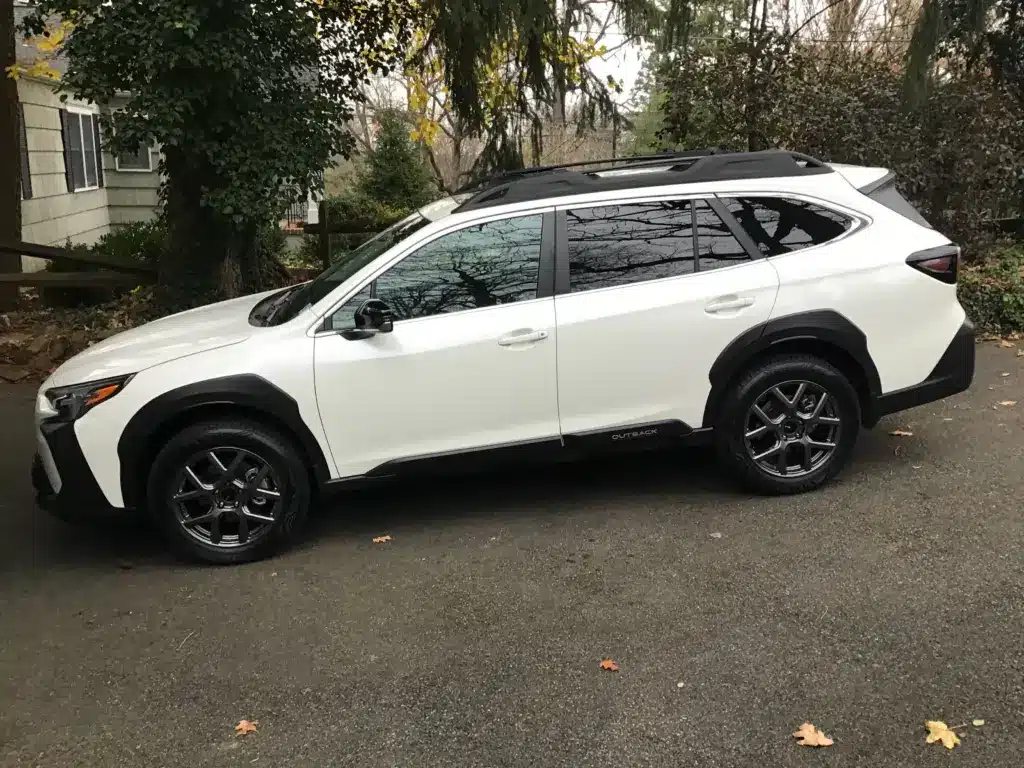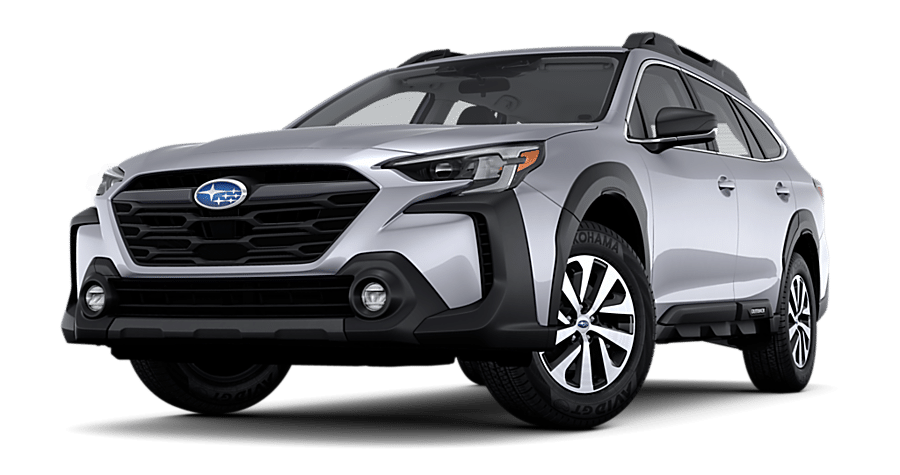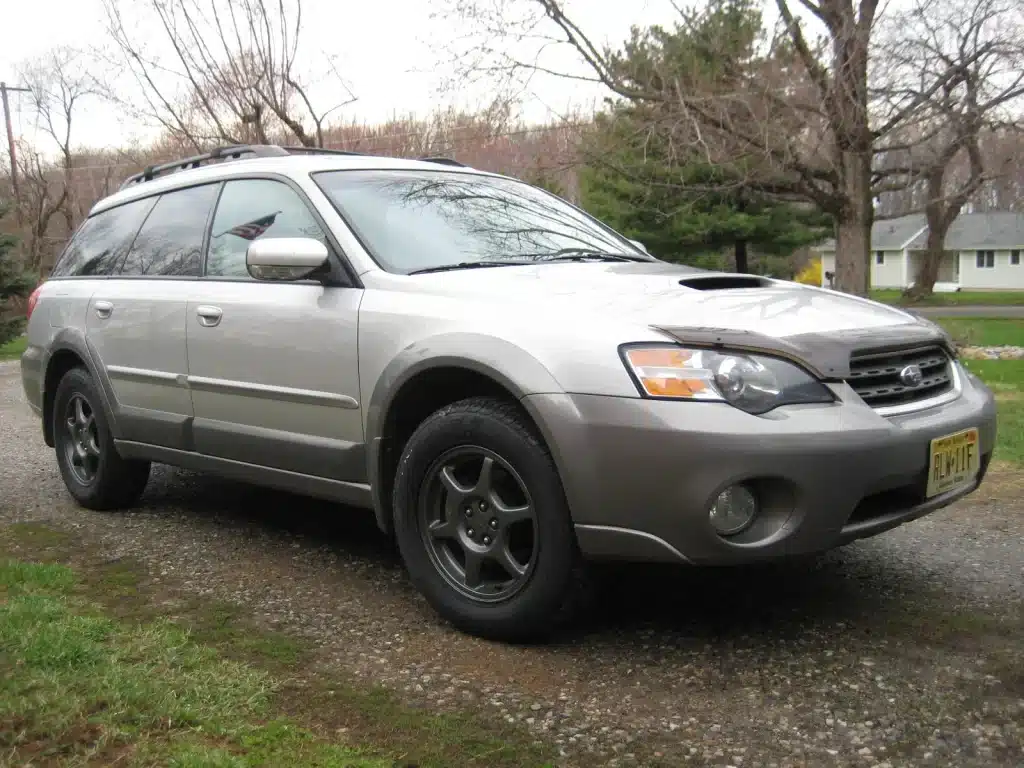
The Subaru Outback is a midsize SUV that combines the versatility and practicality of a wagon with the off-road capabilities of an SUV. It is considered both a wagon and an SUV, with its distinctive design and unique features.
Think of the Outback as a station wagon on steroids. It has the practicality and versatility of a wagon, but with the added capability and features of an SUV.
Some key aspects of the Subaru Outback include:
- Off-road Capability: The Outback is known for its trail-tested capabilities, with standard Symmetrical All-Wheel Drive and ground clearance.
- Comfort and Convenience: The Outback offers a spacious cabin, making it perfect for the whole family.
- Safety: The 2024 Outback comes with state-of-the-art active safety features, ensuring the protection of its passengers.
- Versatility: The Outback is both a wagon and an SUV, providing the practicality of a wagon with the off-road capabilities of an SUV.
Arguments for SUV
- Increased ground clearance: Compared to traditional wagons, the Outback has a higher ground clearance, making it more suitable for off-road driving and navigating rough terrain.
- Spacious interior: The Outback offers ample passenger and cargo space, similar to many SUVs.
- Standard all-wheel drive: All Outback models come with standard all-wheel drive, a feature typically found in SUVs.
- Marketing: Subaru itself markets the Outback as an SUV.
Arguments for wagon
- Lower roofline: The Outback’s roofline is lower than most SUVs, making loading and unloading cargo easier.
- Car-like handling: The Outback handles more like a car than a truck-based SUV, offering a smoother and more comfortable ride.
- Historically a wagon: Earlier generations of the Outback were classified as wagons.
The Subaru Outback is a unique vehicle that combines the features of a wagon and an SUV, offering a balance of practicality, comfort, and off-road capabilities.
What Are The Differences Between A Wagon And An SUV
Wagons and SUVs have some similarities, but there are also some key differences between the two types of vehicles. Here are some of the main differences:
- Height and Weight: SUVs are generally taller and heavier than wagons, affecting handling and fuel economy.
- Off-road Capability: SUVs are often designed with off-road capabilities in mind, while wagons are typically better suited for on-road driving.
- Cargo Space: Wagons often have more cargo space than SUVs, especially when it comes to carrying longer items like furniture or sporting equipment.
- Fuel Economy: Wagons are generally more fuel-efficient than SUVs, due to their lighter weight and more aerodynamic design.
- Handling: Wagons are typically lower to the ground than SUVs, which can make them more agile and easier to handle on the road.
- Chassis: SUVs are often built on a truck chassis, while wagons are typically based on a sedan chassis.
- Appearance: SUVs tend to have a more rugged, boxy appearance, while wagons are often more streamlined and aerodynamic.
Wagons and SUVs have some similarities, but there are also some key differences in terms of height, weight, off-road capability, cargo space, fuel economy, handling, chassis, and appearance.
What Are The Advantages Of Owning A Wagon Over An SUV
There are several advantages to owning a wagon over an SUV. Here are some of the main advantages:
- Fuel Economy: Wagons are generally more fuel-efficient than SUVs due to their lighter weight and more aerodynamic design.
- Handling: Wagons are typically lower to the ground than SUVs, which can make them more agile and easier to handle on the road.
- Cargo Space: Wagons often have more cargo space than SUVs, especially when it comes to carrying longer items like furniture or sporting equipment.
- Better Visibility: Wagons have a lower ride height than SUVs, which can provide better visibility and a more car-like driving experience.
- Lower Cost: Wagons are often less expensive than SUVs, making them a more affordable option for those looking for a practical and versatile vehicle.
- Functionality: Wagons are exceptionally functional vehicles, with outward-opening trunk spaces and even third-row seating in some models.
In summary, wagons offer several advantages over SUVs, including better fuel economy, handling, cargo space, visibility, lower cost, and functionality.
What Are The Most Popular Wagon Models On The Market?
| Wagon Model | Description |
|---|---|
| Audi A4 allroad | Compact wagon offering practicality and driving enjoyment |
| Mercedes-Benz E-Class Wagon | Spacious and luxurious midsize wagon |
| Volvo V90 and V60 | Midsize wagons known for their cargo space, luxury features, and safety |
| Subaru Outback | Popular wagon with crossover-like looks, off-road capabilities, and wide appeal |
| Porsche Panamera Sport Turismo | Luxurious and sporty wagon with a blend of performance and practicality |
These wagons are known for their combination of car-like dynamics, ample cargo space, and in some cases, off-road capabilities, making them attractive choices for consumers seeking versatility and functionality in a vehicle.


